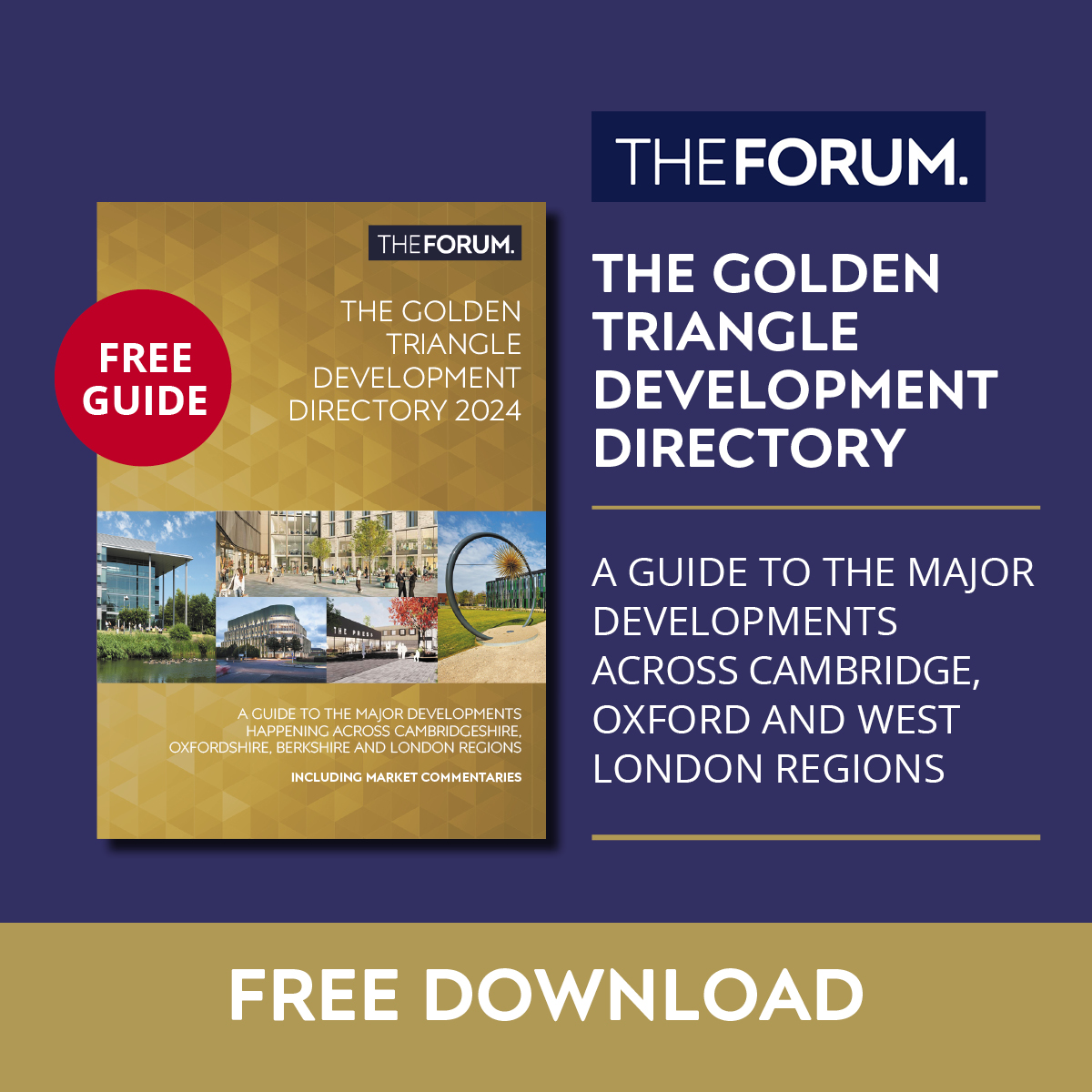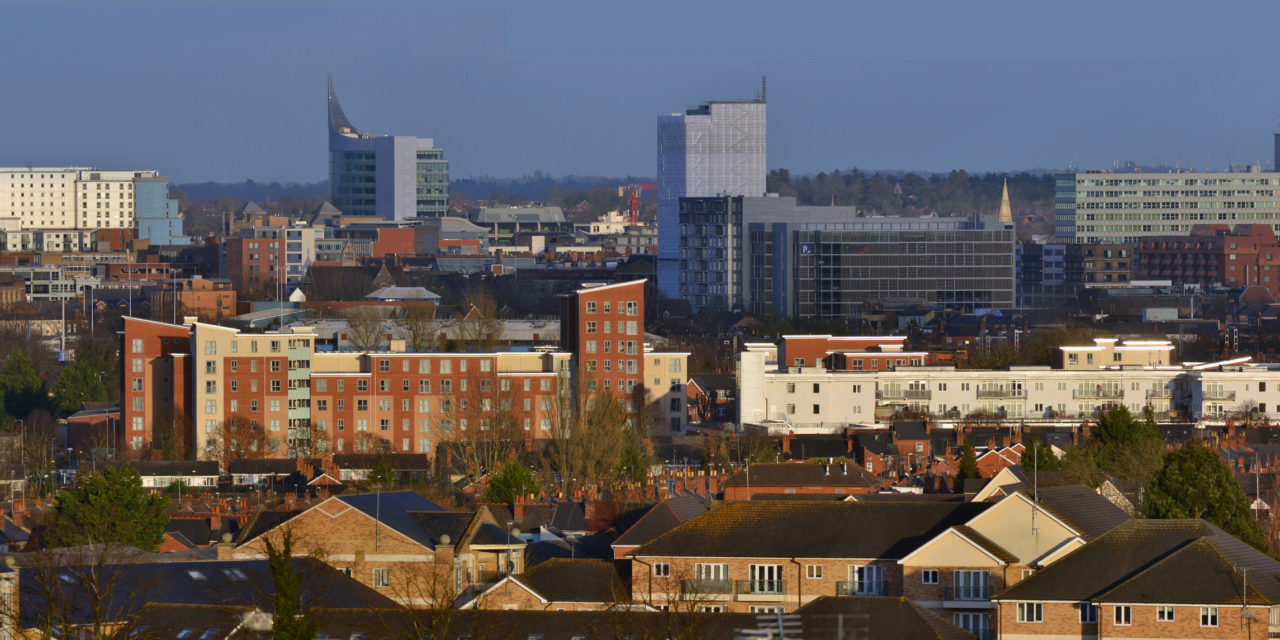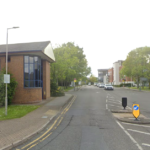Reading will succeed with or without city status, according to Thames Tap partners – and some are asking if the town really needs to keep pursuing the honour.
The eight towns to win the 2022 Platinum Jubilee Civic Honours competition, announced last week, include one on the edge of the Thames Tap region, Milton Keynes, but perennial hopeful Reading failed for the fourth time.
Phil Brown, head of Savills Reading office, said: ‘It is, of course, a great shame that Reading’s bid wasn’t one of those selected. However, the reality is that, city or town, Reading is a location that is very much on the up.
“At the centre of the fastest-growing region outside of the capital, it is home to a diverse range of global businesses and in recent years has become a key location for commuters.”
Alexa Peters, who heads Savills’ residential development sales team in Reading, said: “Recognised by the Sunday Times in its illustrious list of Best Places to Live in 2022, the opening of Crossrail will only enhance its appeal in the coming years. Add to this the vibrant mix of housing that is being built out, we can see only a positive future for Reading.”
Jonny Denton, sales manager for Darcliffe Homes, said: “Reading missing out on becoming a city for the fourth time, I would say, came as a surprise.
“However, it has done so every time so I guess it is now to be expected. According to my brief research, England now has 50 cities, which makes it all the more surprising that Reading is not included on this list.
“In the case of towns – according to another quick Google search – Reading is apparently the largest town in the UK – despite its size, and is ‘home to many of the world’s leading businesses’ which provide a whole host of benefits to the wider area.
“Development is rife with all national developers fighting over land, due to increasing house prices and investment demand.
“I have had numerous calls from investment firms, stating that they have clients who want to purchase full development sites for investment in Reading, specifically.
“There are various points that could be made to make the case for Reading to become a city, however, my questions would be: does it really matter? And would it actually make a difference? I am interested to know.
“With the appetite for development in the area, fantastic range of work opportunities and Crossrail soon arriving, I feel there are plenty of reasons for Reading to continue to move in a positive direction.
“And surely, the money needed to build a cathedral in order to guarantee a city status would be much better invested elsewhere.”
Nick Burrows, chairman and partner at Blandy & Blandy, said: “It is disappointing for all who live and work here that Reading has once again not been successful in its bid for city status, as, according to various leading sources, it has remained the fastest growing economy in the region over the past 20 years and it continues to be one of the strongest performing economic centres in the UK – and indeed Europe.
“Reading is also regularly named as one of the best areas in which to live and work when it comes to education, employment prospects, inward investment, new housing and quality of life, and it is, of course, the major town in the Royal County of Berkshire where the Royal Family spends a considerable amount of time.
“Looking to the future, Reading remains extremely well-placed to continue on this trajectory given these factors and with landmark developments coming, ranging from Station Hill to the opening of the Elizabeth Line.”
David Jones, managing director of Evans Jones, said: “The news that Reading has not been granted city status is, I am sure, disappointing for those who have worked hard promoting the city bid.
“In practice, however, the advantages of being a city are largely intangible, although evidence suggests that cities attract increased investment compared to similar conurbations which do not have city status.
“It is, thus, largely a ‘status thing’ which may help attract increased investment and help raise the status of a place (particularly on the world stage) but otherwise benefits are limited.
“Reading remains geographically well-paced. Reading is already seeing significant inward investment, that will continue with or without city status.
“In conclusion, city status is, on balance, nice to have, but not critical to the growth of Reading or future success.”
Richard Stacey, managing director of Evoke Transport Planning, said: “I am often a lone voice on this matter, but after yet another unsuccessful bid, the fourth time of asking, it should be accepted that someone in Government does not want Reading to become a city!
“Ok, there were some surprising choices this time round, but, as identified in my article of July 2021, the Levelling Up agenda seems to have come to the fore.
“So no more future bids for this vanity project and let’s focus efforts (and money) on all that already makes Reading an attractive place to live, work and attract inward investment. Let’s level-up within Reading and enhance some of the more deprived areas of the town.
“And consider this – will Stanley, Doncaster and Wrexham attract business away from Reading simply because they can now call themselves cities?
“The Elizabeth Line is more important to Reading than being a city. ‘Only’ being a town has not stopped significant investment in the Station Hill redevelopment which will significantly improve the gateway to the town centre.
“Reading FC returning to the Premier League would do more to enhance Reading’s standing on the international stage than city status – and, sorry non-league Reading City FC, – it really is now time for a rebrand.”
© Thames Tap (powered by ukpropertyforums.com).
Sign up to receive your free weekly Thames Tap journal here.

















Surely the awarding of city status to Stanley calls into question the whole value of the process and what it really means to be designated a city in any case? A farcical approach perhaps?
The worst thing to be is a sore loser!